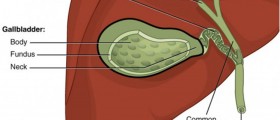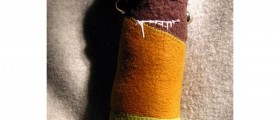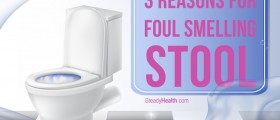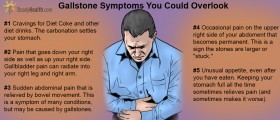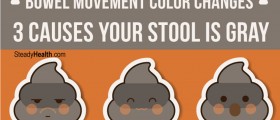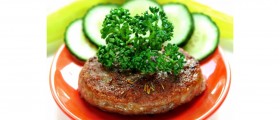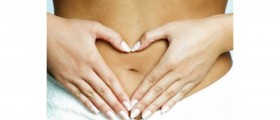Every since I had my gall bladder removed I have watery uncontrollable stools. Many embarrassing accidents. Any ideas?
Loading...
After gallbladder removal surgery (cholecystectomy), some people may experience changes in their bowel habits, including the potential for more frequent, watery, or loose stools. This condition is known as postcholecystectomy syndrome, and it can occur due to various reasons, such as:
-
Bile flow changes: The gallbladder is responsible for storing and releasing bile, which aids in the digestion of fats. After its removal, the bile may flow directly from the liver into the intestines, leading to diarrhea or loose stools.
-
Bacterial overgrowth: Changes in the bile flow can also result in an overgrowth of bacteria in the small intestine, leading to diarrhea and other gastrointestinal symptoms.
-
Inadequate fat digestion: Without the gallbladder, fat digestion may become less efficient, leading to undigested fats in the stools and diarrhea.
-
Dietary factors: Changes in diet after surgery can also contribute to bowel changes. Consuming certain foods, especially those high in fats or artificial sweeteners, can trigger loose stools.
To address your concerns, it's crucial to consult with a gastroenterologist, who can evaluate your specific case, review your medical history, and perform relevant tests to determine the underlying cause of your symptoms. Treatment options may include:
-
Dietary adjustments: Your doctor might recommend modifications to your diet to help manage the symptoms. This may involve reducing fat intake, avoiding certain trigger foods, and incorporating more fiber into your meals.
-
Bile acid binders: Medications like bile acid binders can help control bile flow and alleviate diarrhea.
-
Probiotics: These supplements can support a healthy balance of gut bacteria and may help with digestion.
-
Medications to control diarrhea: In some cases, your doctor may prescribe medications to help manage diarrhea and promote better bowel control.
Loading...


